View all filters
Clear
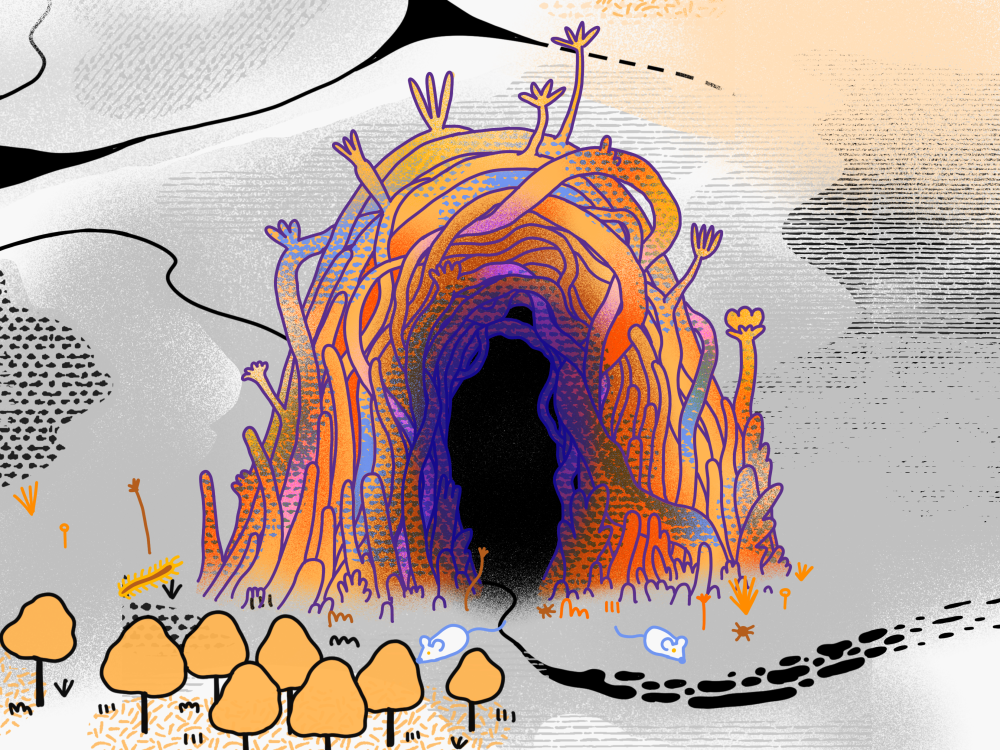
Where the Wild Things Grow
Celebrate our ecological and ritual connections with Mother Earth and the cosmos
Un’automobile dell’antica Grecia
Bestie voi tutte dei campi
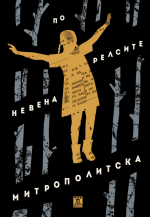
Lungo i binari
Elogio dell’uragano
Il tempo è un cerchio
Non lo ero, ma ora lo sono. Sensibile a ogni variazione atmosferica.
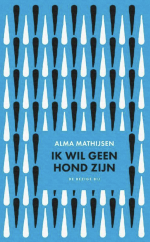
Non voglio essere un cane
L’Impero romano in 100 date
Domani
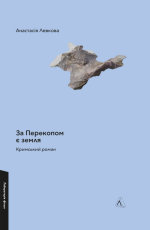
C'era una volta in Crimea
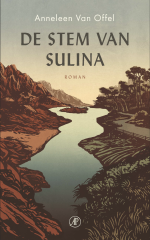
La voce di Sulina
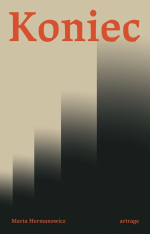
Fine
'Come si può misurare il tempo?'
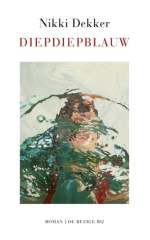
Pesce piatto
L'Impero Romano e la crisi dei rifugiati (370-410 d.C.)
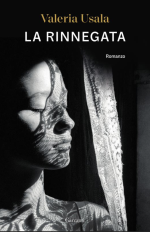
La rinnegata
A story of three generations of women, their courage and search for independence in the face of superstition and prejudice, in the spirit of Natalia Ginzburg and Elena Ferrante. In this striking debut, based on a true story, Valeria Usala bears witness to an age-old story of violence against women and takes us into the heart of rural Sardinia, where superstitions and cruelty coexist with the joys and companionship of a tight-knit community.
Teresa runs a shop and a tavern. But not even the family she has created with the man she loves can protect her from the malicious gossip of jealous locals, who are threatened by her independence. Her own mother, Maria, was made an outcast, and now Teresa is in turn forsaken by the villagers. Will she pay for her success with her life? Is she like a character in Greek tragedy, whose destiny is inevitable? A story that gives voice to the forgotten women of Sardinia—and to the one of women everywhere.
Punto di fuga
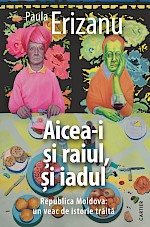
Oh, ragazze (It’s Both Heaven and Hell Here. Moldova: a Century of Lived History)
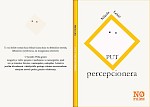
Fiori di loto che si chiudono (quando ci si entra) (La via del perceptionist)
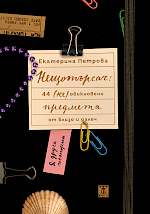
La cercacose: 44 (in)consueti oggetti da vicino e lontano
Come suggerisce il sottotitolo, il libro La cercacose contiene storie su 44 oggetti da vicino e lontano. La curiosa e variegata selezione, ordinata per temi, comprende sorprendenti chicche da tutto il mondo: stivali che arrivano dal Bhutan, mattonelle dai marciapiedi di Barcellona disegnate da Gaudí, bicchieri da vino dai Paesi Baschi, una spilla a forma di cuore da Sarajevo, espradrillas dai Pirenei, scarabei dall’antico Egitto, contenitori della spazzatura da New York, un pezzo del telo arancione proveniente dai The Floating Piers sul lago d’Iseo, un tintinnante drago sloveno, una mappa di Berlino Est e molti altri. Raccontando le storie di oggetti concreti, Ekaterina Petrova in realtà racconta anche dei luoghi da dove provengono – Küstendorf е Kathmandu, Lubiana e Louisiana, Belvedere e Bilbao, Selçuk e Central park – ponendoli contemporaneamente in un più ampio contesto linguistico, storico, antropologico e geografico. Astuta miscela fra diari di viaggio, saggi e racconti, i testi sono attentamente documentati e intessuti di aneddoti curiosi, ma inframmezzati dallo sguardo soggettivo dell’autrice, così come dalla sua personale biografia di viaggiatrice, traduttrice e cercacose. Elaborato artisticamente dall’occhio estetico di Lyuba Haleva, una delle più eminenti illustratrici bulgare contemporanee, l’impostazione grafica del libro è superba e con umorismo coglie l’anima e l’umore delle storie. In questo modo anche il libro stesso diventa un bell’oggetto carico di piacere e gioia, da leggere e rileggere, da avere e regalare.